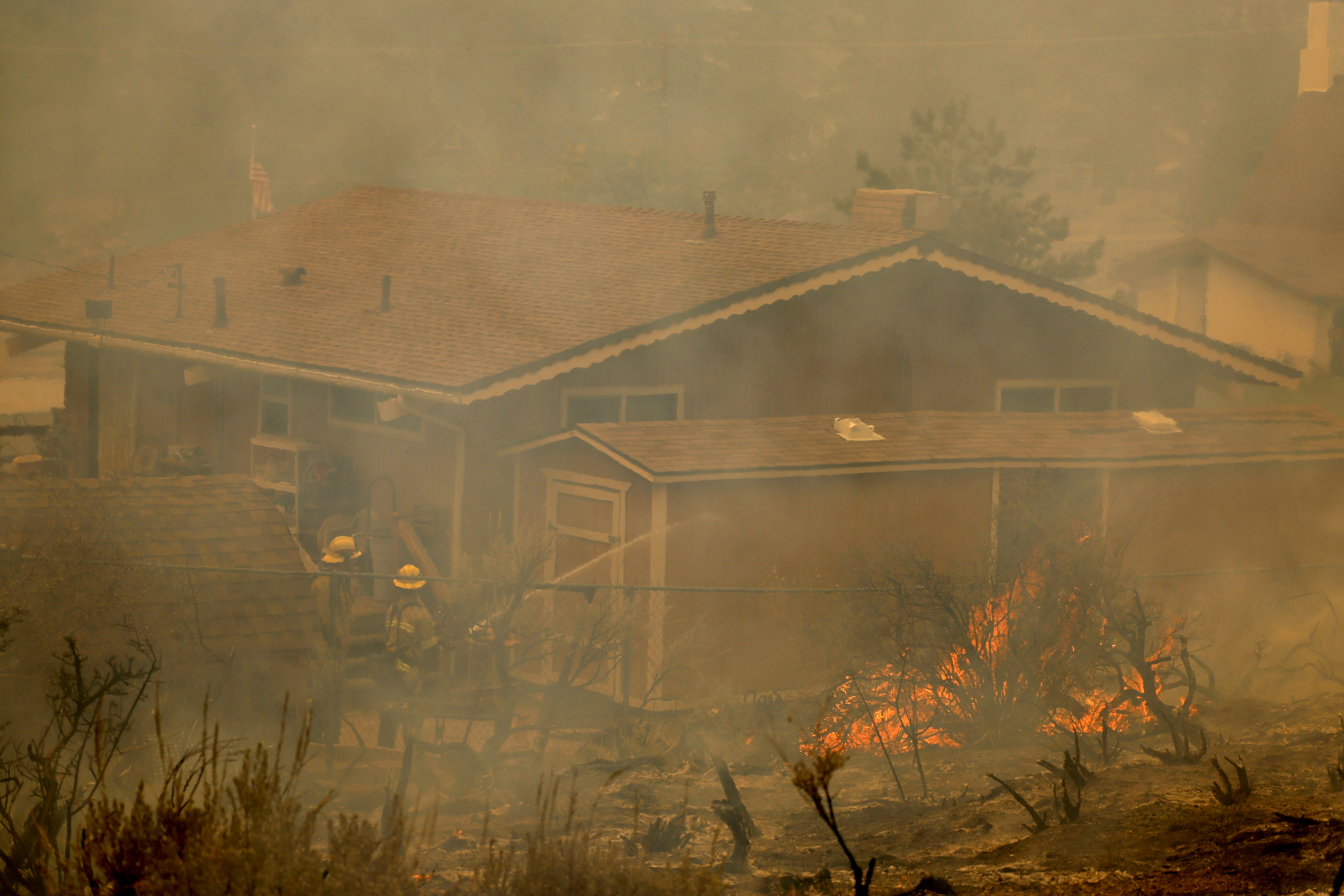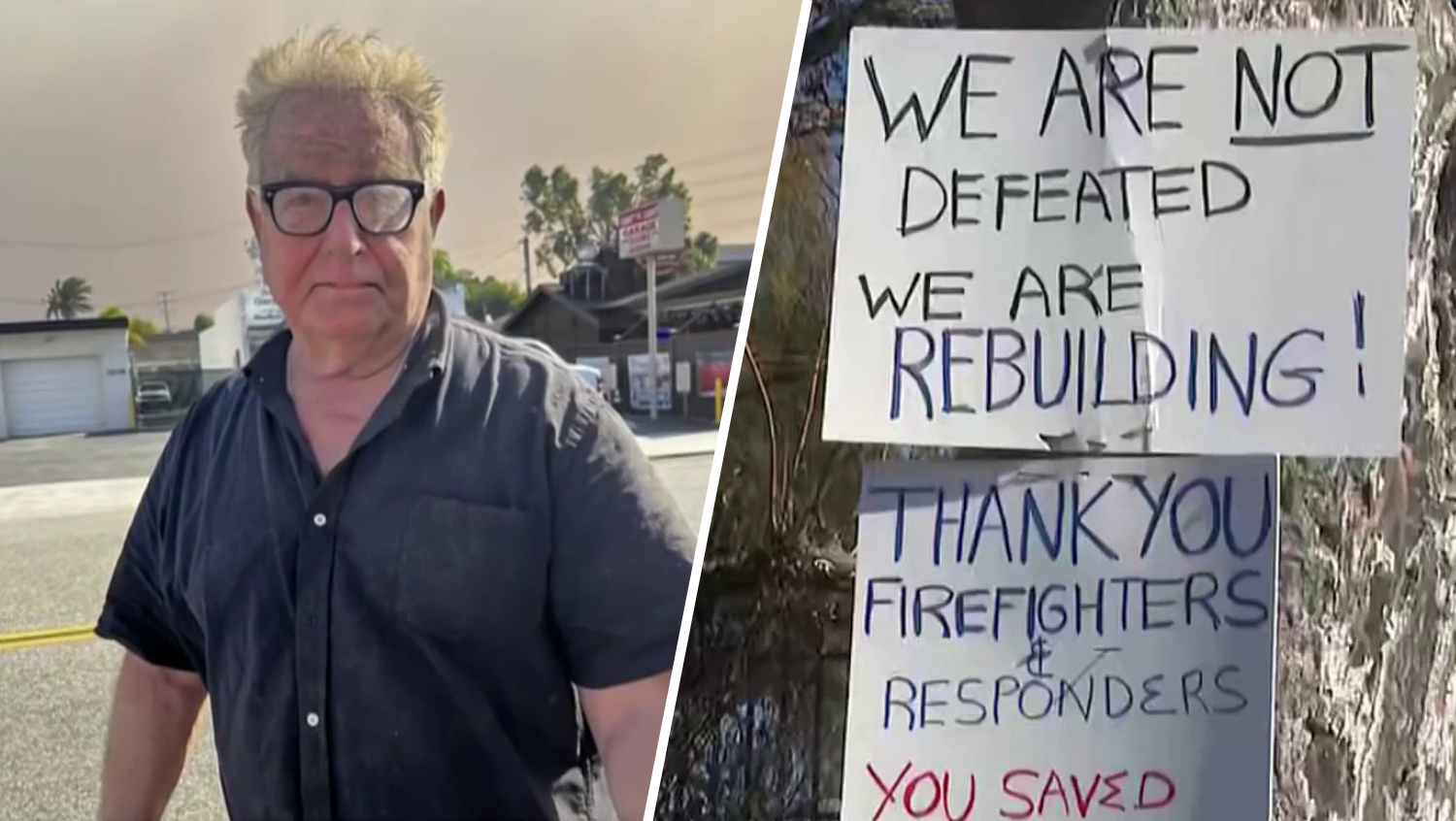For more than 200 families who have lost their homes in the Mountain Fire in Ventura County, finding a temporary place to live has been challenging and, in some cases, costly.
Despite the California Attorney General’s Office’s warning about possible price gouging after a state of emergency was issued for the region, NBC Los Angeles has heard from displaced neighbors in the burn communities, saying they were being asked to pay what they believe are extremely high security deposits for rental units.
But Janet Sprissler, a broker and the owner of Rent 805, a property management company, said there’s a law that prevents property owners from overcharging for security deposits.
“If an owner has two different properties – no more than four units on those two different properties – they cannot charge more than one month,” Sprissler said. “If they are within that exclusion, they can charge up to two months to carry a deposit.”
Get top local stories in Southern California delivered to you every morning. >Sign up for NBC LA's News Headlines newsletter.
Sprissler added a property owner should not be asking for the first and last month’s rent on top of the security deposit.
During a disaster like the Mountain Fire, bad actors will try to lure renters, Sprissler said.
“I say the biggest scam is when someone says, 'Hey, I’m only accepting cash,’” She said. “Just be wary if someone is trying to push you into something too soon. Sleep on it.”
Sprissler recommended working with a professional in the real estate community that can be verified with confirmed credentials.
It’s not just rentals. Anything from goods to services, it is illegal to overcharge consumers after a state of emergency is declared.
“California law generally prohibits charging a price that exceeds, by more than 10%, the price a seller charged for an item before a state or local declaration of emergency.”
The law applies to repair and reconstruction, emergency cleanup and storage services as well as hotel accommodations and rental housing.
Those who are found in violation of the state’s price gouging laws will face criminal prosecution, time in jail or fine of $1,000 – in addition to possible civil legal action, according to the Attorney General’s Office.



